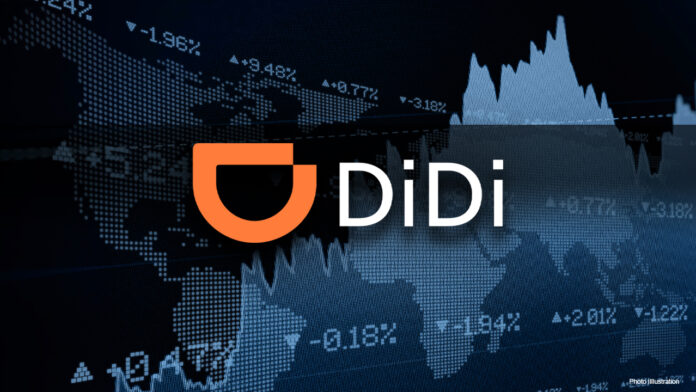Didi Global, a Chinese ride-hailing startup, has declared its intention to delist from the NYSE and list in Hong Kong.
The firm has been the subject of significant attention since its introduction to the United States in July. Beijing has promised a crackdown on technology companies that list overseas just days after their IPO.
On Thursday, the United States Securities and Exchange Commission (SEC) issued new requirements for Chinese companies that want to list in the US.
Didi, China’s Uber, raised $4.4 billion (£3.3 billion) in its initial public offering in New York at the end of June. On the first day of trading, however, investors considered concerns about tensions between Washington and Beijing, as well as objections raised by US regulators about some Chinese businesses’ financial reports.
China’s internet regulator ordered online businesses to stop distributing Didi’s app within days, stating that it had inappropriately obtained personal data from clients.
The Chinese Cyberspace Administration (CAC) announced that it was investigating the corporation in order to protect national security and the public interest.
Regulators in the United States and Europe have imposed restrictions on Didi, as well as many other Chinese technology companies.
On Thursday, the US Securities and Exchange Commission announced that it had finalised guidelines that will allow US-listed multinational companies to be delisted if their auditors do not comply with authorities’ requests for information.
The rule was approved in 2020 after Chinese officials continually refused requests from US authorities to investigate the finances of Chinese companies that list and trade in the US. Meanwhile, in August, a corporate insider said that plans to launch in the United Kingdom and continental Europe had been shelved.
It plans to roll out services across Western Europe, including key British cities.
SoftBank, a Japanese conglomerate, is Didi’s largest single investor, owning more than 20% of the company. Alibaba and Tencent, two Chinese digital behemoths, have also joined the team.
Thanks to Didi’s acquisition of the company in 2016, Uber now has a stake in Uber China. Didi Global shares have lost more than 40% of their value since their IPO on the New York Stock Exchange.
……………………

















